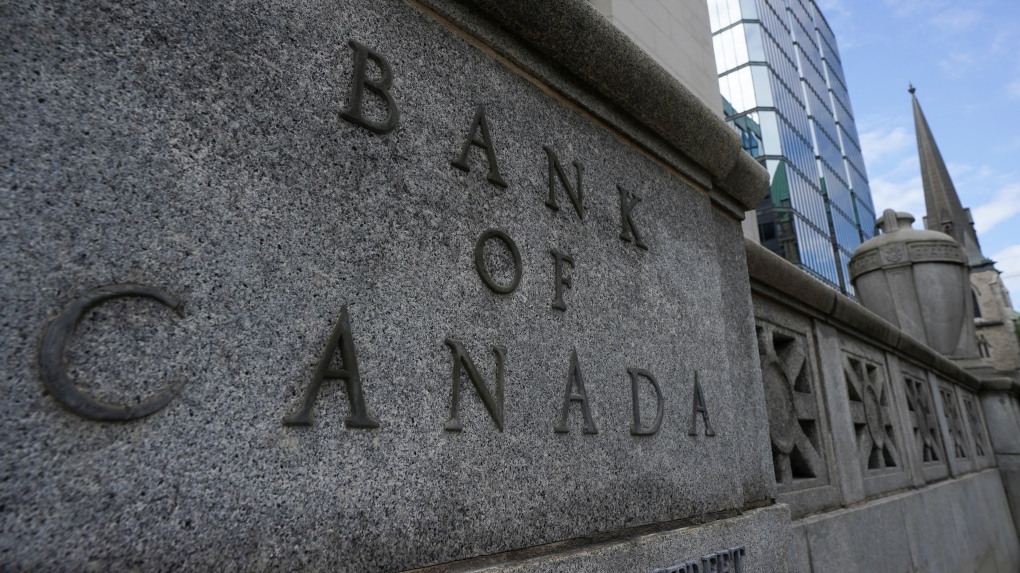As interest rates are expected to continue to rise, the Bank of Canada is sounding the alarm on the risk that record house prices and a growing number of households with high mortgage debt could have on the Canadian economy .
“In Canada, high levels of household debt and high house prices remain two key interconnected vulnerabilities,” the bank said in its annual review of the financial system.
Although house prices increased 53% nationally between April 2020 and April 2022, the bank is concerned that recent buyers do not have the equity in their homes to withstand a “significant correction in prices”. prices” and would “face more financial hardship when they renew their mortgages at higher rates. .”
Last week, the Bank of Canada signaled that it was prepared to raise its key interest rates above the previous target of 3%, which would put those with variable rate mortgages and margins of home equity loan under additional stress.
The bank says many recent buyers have become “financially strained” to buy property at record prices due to “fear of missing out” on the continued rise in house prices in the Canadian housing market.
The bank blamed the massive rise in house prices on strong demand relative to supply and an increase in the number of investors buying properties.
Investors accounted for 22% of real estate purchases with mortgages in the fourth quarter of 2021, compared to 19% in 2019, according to the bank. These investors are withdrawing equity from other properties they own to make new purchases, which the bank says “highlights the feedback loop between rapid house price gains and strong demand for housing generated by investors”.
Home prices remain at historic highs across Canada, but the bank warns it’s too early to tell if the recent drop in resale activity and prices is “temporary or the start of a more deep and lasting.
If investor demand dries up for Canadian homes, the bank warns it would “amplify downward pressure on prices” and could “lead to a sharp price correction going forward.”
–


